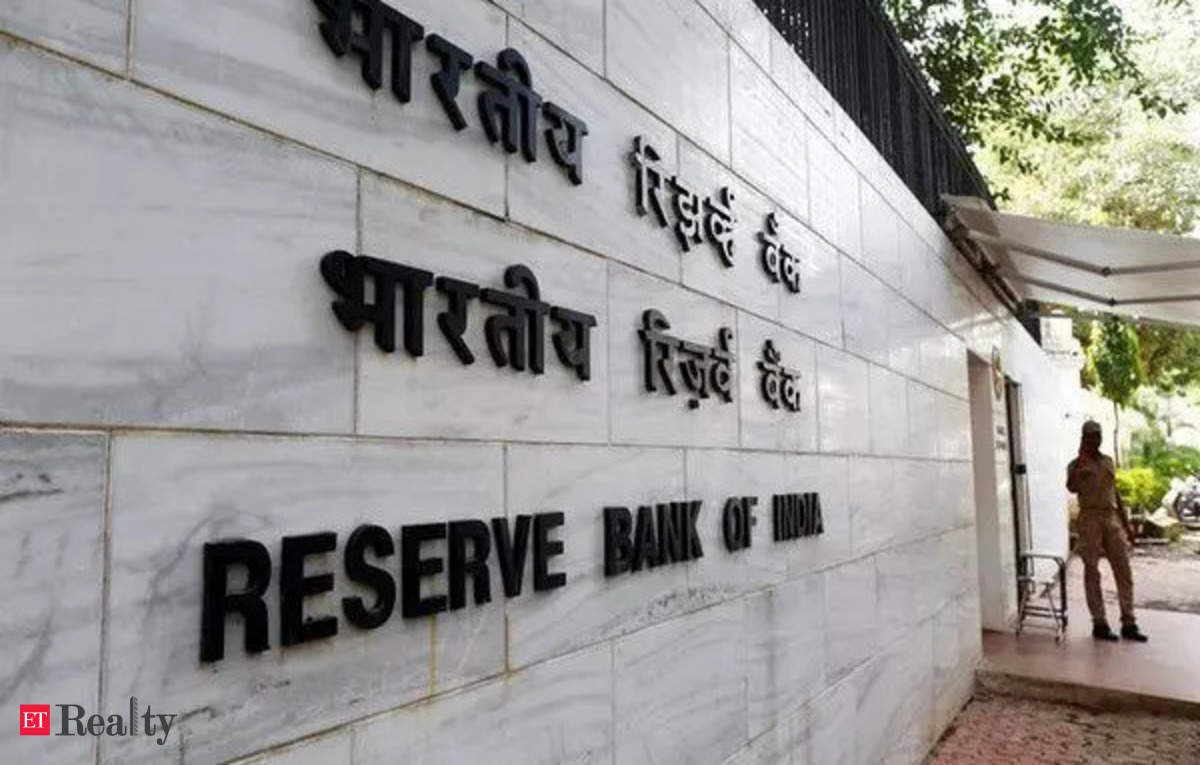MUMBAI: The Reserve Bank on Monday said non-banking financial companies (NBFCs) will pay 100 per cent of deposit amount within the first three months of accepting the fund, if the depositor seeks an withdrawal citing an emergency. In its review of regulations governing NBFCs, the central bank said no interest will be paid for such premature withdrawals and added that these changes will be in force from January 1, 2025.
The definition of “critical illness” set by insurance regulator Irdai will guide on whether a request qualifies under the category, the central bank said.
“…in cases of critical illness, hundred per cent of the amount of the principal sum of deposit may be prematurely paid to individual depositors at the request of the depositors, before the expiry of three months from the date of acceptance of such deposits, without interest,” the central bank said.
It specified expenses of an emergent nature include a medical emergency or expenses due to natural calamities or a disaster as notified by the government, it said.
If the money is not sought for an emergency and a premature withdrawal is sought within three months, NBFCs can pay up to 50 per cent of the deposit without paying any interest.
However, not more than 50 per cent of the amount of the principal sum of deposit or Rs 5 lakh, whichever is lower, may be prematurely paid, it added.
The RBI has also asked NBFCs to intimate depositors about a maturity 14 days ahead as against the present regulations stipulating it at two months.
The RBI has asked NBFCs to ensure that the audit committee must ensure that an information system audit is conducted as per the stipulations.
The central bank said it reviewed regulations applicable to housing finance companies and NBFCs in order to harmonise the rules for the two.
Accordingly, it has announced changes on minimum percentage of liquid assets, which specifies that all deposit taking HFCs (housing finance companies) shall maintain liquid assets to the extent of 15 per cent of the public deposits as against 13 per cent right now.
HFCs shall ensure that full asset cover is available for public deposits accepted by them at all times, and ensure that they get the ‘investment grade’ rating by credit rating agencies at least once a year, it said.
Home lenders “shall not renew existing deposits or accept fresh deposits thereafter till they obtain an investment grade credit rating,” it added.
Public deposits accepted or renewed by HFCs shall be repayable after a period of 12 months or more but not later than 60 months, it said.
It has also aligned the rules on branches and appointment of agents to collect deposits, under which HFCs having branches or agents outside the state of its registration shall not accept fresh deposits or renew existing deposits in these branches if they do not meet certain conditions.
Restrictions on investments in unquoted shares applicable for NBFCs will also become applicable to HFCs, the RBI said, adding deposit taking HFCs shall fix board-approved internal limits separately within the limit of direct investment, for investments in unquoted shares of another company which is not a subsidiary or a company in the same group as HFC.
Source Homevior.in




